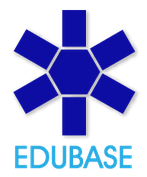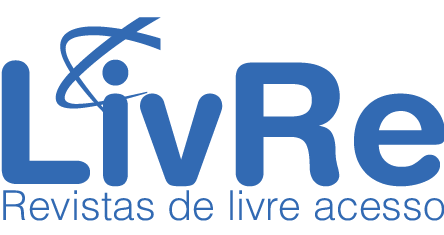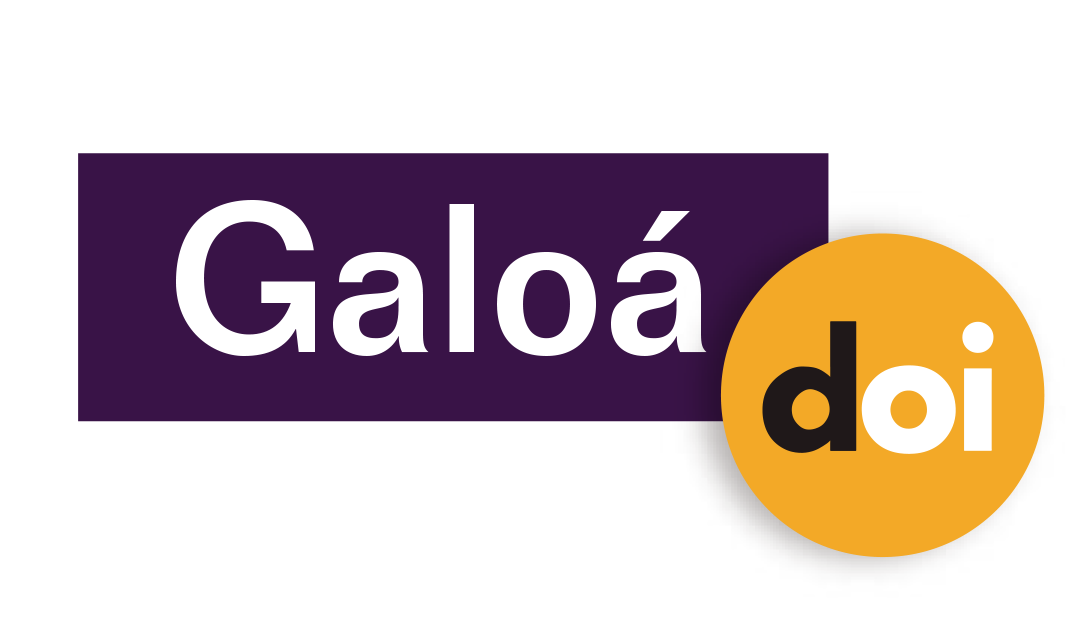Constructing Scientific Knowledge through the Teacher´s Questions in a Guided-Inquiry Primary Lesson of the Water Cycle
Resumo
Background: This paper deals about how scientific content emerged through the guide of teacher questions in an inquiry-based activity. The lesson takes place with an experimental device which aims to enable students to explain the phase transitions in the water cycle. Objectives: What scientific concepts are constructed by students and teacher? What kind of questions uses the pre-service teacher in order to guide the thought of students? Design: The methodology used is based on video-analysis. The analysis is carried out at two scales, one mesoscopic (minutes) based on a thematic approach (games), the other microscopic (seconds) based on the cognitive demand of each question from the teacher as well as the decomposition of the knowledge involved in each oral intervention (facets). Setting and Participants: The study is carried out with a pre-service teacher in a science lesson of 6th grade formed by 17 students in a public school. Data collection and analysis: Our source of data is a 1-hour video recording made during a science lesson. The data is analyzed with Transana software. Results: Findings show how the pre-service teacher uses questions in all games as a key lever to engage students in the construction of meanings. Difficulties are perceived when students try to explain the scientific concepts (evaporation and condensation) in a context of the water cycle. Conclusions: The video allowed us to observe the difficulty involved in making knowledge move forward as the session progresses if the student diversity is to be dealt with.
Palavras-chave
Inquiry; Video-analysis; Teacher´s questions; Water cycle; Primary.
Texto completo:
PDF (English)DOI: https://doi.org/10.17648/acta.scientiae.6082
Apontamentos
- Não há apontamentos.
Direitos autorais 2023 Ana Aragüés Díaz

Esta obra está licenciada sob uma licença Creative Commons Atribuição 4.0 Internacional.
ANÚNCIOS
Informamos que, a partir de outubro de 2024, a revista Acta Scientia volta a aceitar submissões de artigos para publicação.
Mais, informamos que sites fraudulentos, https://periodicos-ulbrabr.org e https://periodicos-ulbrabra.org, estiveram se passando pela Acta Scientiae, utilizando nosso nome e identidade visual e até solicitado taxas de APC, que nós não cobramos. Aconselhamos cautela para evitar serem enganados por sites semelhantes.
Conceito A2 na Capes(2021)
Índice h5 do Google Scholar: 13
Índice mediana h5 do Google Scholar:24
eISSN: 2178-7727
Indexações:
A Acta Scientiae é indexada em: | Scopus |  | Latindex |  | Edubase (SBU/UNICAMP) |
 | Sumarios.org |  | Google Scholar |  | Portal LivRe (CNEM) |
 | Journals for Free |  | REDIB |  | Galoá DOI |

Todos os trabalhos publicados aqui estão sob uma licença Creative Commons - Atribuição 4.0 Internacional.
